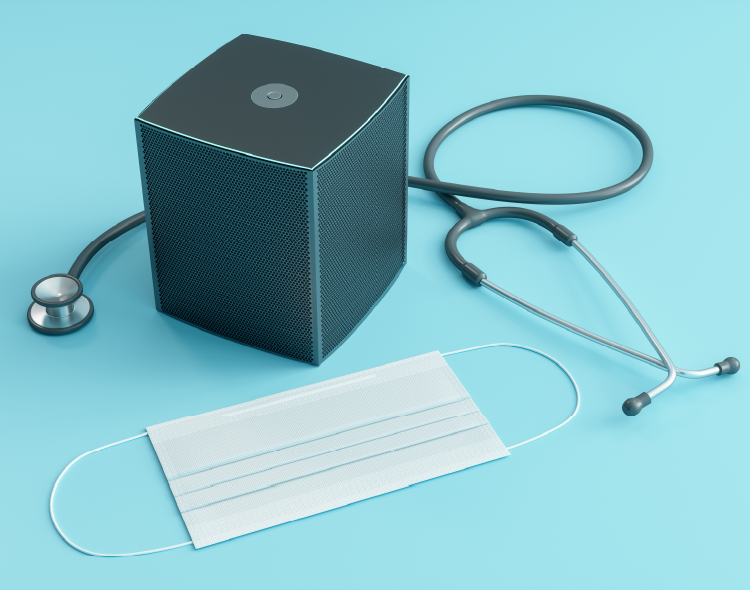Buffalo Business First
Read the Article
Ambient listening artificial intelligence (Ambient AI) is gaining traction in the clinical setting. Ambient AI tools passively “listen” to conversations between clinicians and patients and, based on these conversations, automatically transcribe and summarize encounters.
Ambient AI has the potential to reduce the time that treating clinicians spend documenting patient encounters, which may reduce clinician burnout over time. Importantly, Ambient AI should enhance patient experience and improve the accuracy of patient encounter documentation.
Ambient AI systems typically rely on microphones integrated into smartphones, tablets or dedicated in-room devices. These systems use automatic speech recognition with natural language processing and machine-learning algorithms to extract relevant clinical information from a conversation. In many cases, the output is a draft clinical note or a structured data entry into the electronic health record system, without manual input from a clinician.
Ambient AI tools involve unsettled questions of legal and ethical responsibility.
As covered entities under the Health Insurance Portability and Accountability Act (HIPAA), clinicians are responsible for implementing measures to maintain the privacy and security of protected health information (PHI). Clinicians must also ensure that their technology vendors, if they receive or maintain PHI on behalf of clinicians, also maintain the privacy and security of PHI. Therefore, clinicians must understand how an Ambient AI tool functions with respect to PHI to apply the appropriate privacy and security standards to the entity that provides the Ambient AI tool.
Another important threshold question is whether a clinician must inform patients that the clinician will use an Ambient AI tool to record conversations between the clinician and the patient.
Regardless of state law consent requirements for recording conversations, health care settings are unique environments that may mitigate in favor of disclosing the use of Ambient AI to patients.
Legal and ethical obligations related to informed consent, transparency and patient trust support the disclosure of the use of an Ambient AI tool. Clinicians should be ready to discuss how Ambient AI is utilized, appreciating that some patients may view the use of an Ambient AI tool to record conversations negatively and may withhold important medical information as a result.
Under HIPAA, a patient has a right to adequate notice of the uses and disclosures of PHI by a clinician. Clinicians satisfy this obligation by providing patients a notice of privacy practices (NPP). Current guidance does not specifically address Ambient AI and whether its use must be disclosed. That will likely change. Until then, clinicians must determine, based on how an Ambient AI tool interacts with PHI, whether the tool must be disclosed as part of the clinicians’ NPPs.
Disclosure is the safest way to ensure compliance.
Clinicians considering implementing an Ambient AI tool should:
William P. Keefer, Partner and Co-Leader of Phillips Lytle’s Health Care and Life Sciences Team, counsels hospitals, physician groups and other health care clients on a broad array of issues. He can be reached at wkeefer@phillipslytle.com or (716) 847-5488.
Louis Reynolds is an attorney at Phillips Lytle’s Buffalo office. A member of the Firm’s Health Care Industry Team, he represents various clients across the industry. He can be reached at (716) 504-5785 or lreynolds@phillipslytle.com.
Receive firm communications, legal news and industry alerts delivered to your inbox.
Subscribe Now
